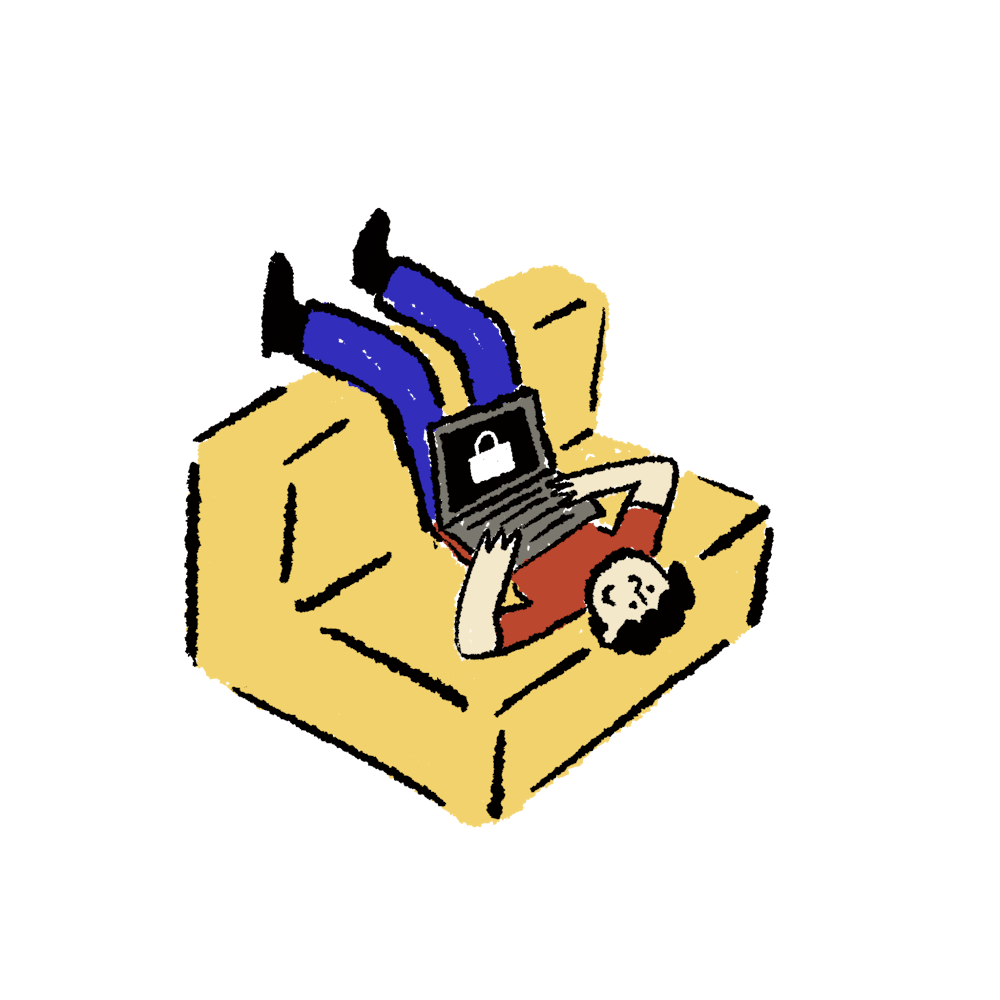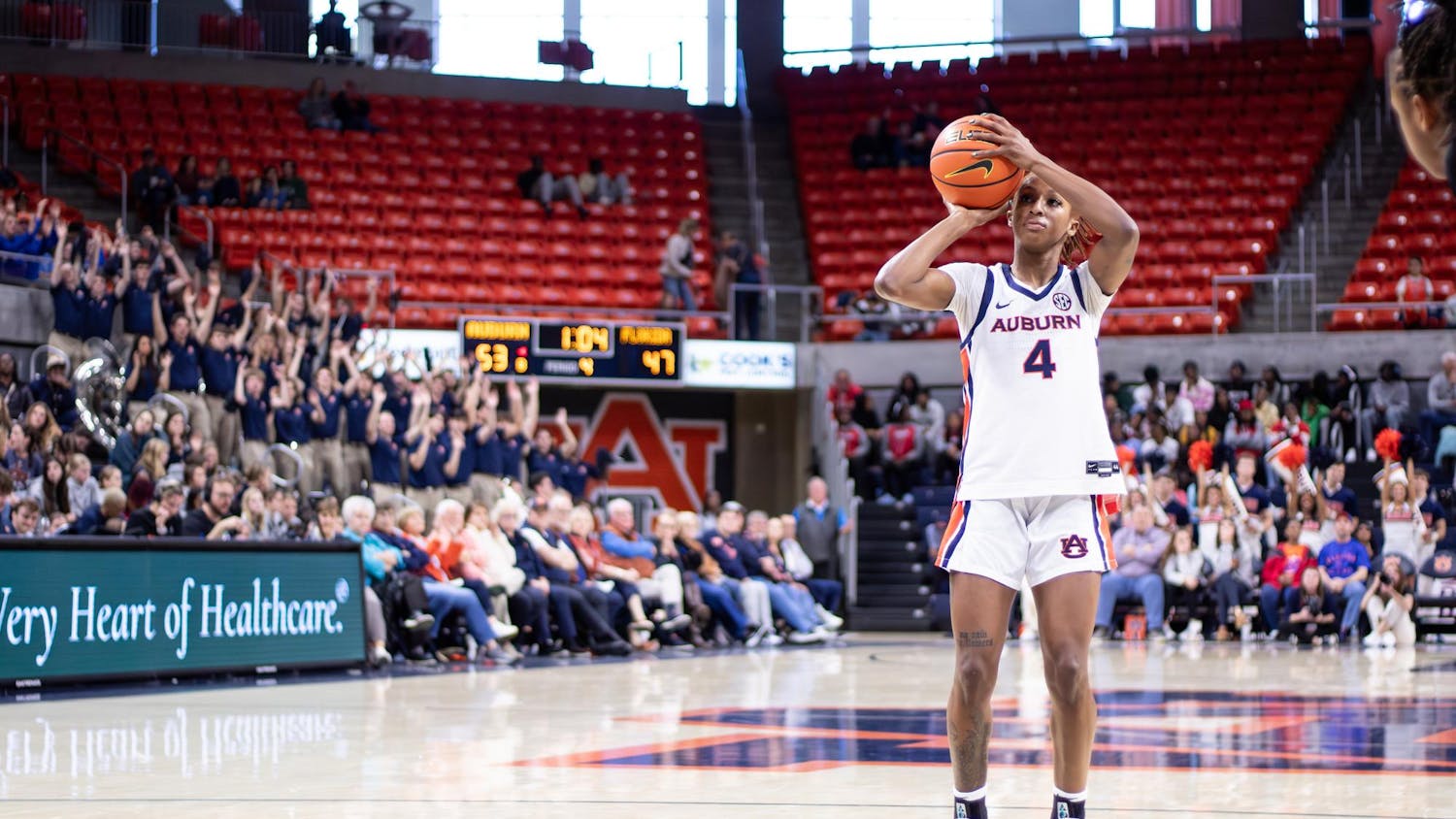As students of Auburn University, we commit to upholding Auburn’s ideals and the Auburn Creed, part of which is "being honest and truthful." However, the reality is that Auburn students, like all students, are also opportunistic. When exams are taken remotely without proctors, the accountability the honor code demands becomes a challenge to enforce. So, should professors expect cheating when their exams are online and un-proctored, or should they expect students to uphold the honor code, even when no one is watching?
In coming to Auburn, we make a promise to uphold this truth, and it more or less serves as our honor code, as a reminder all Auburn students should act with honesty in test-taking environments and beyond. Many Auburn professors also have parts of the creed written in their syllabi, but the arm of the creed can only extend so far without enforcement.
Without a test-taking structure, whether Lockdown Browser, in-person exams or both, students are left to their devices, literally and figuratively. While the honor code holds students to high ethical standards, the temptation to cheat in online environments is difficult to ignore. Students may feel as though the rules are more flexible, leading some to make decisions they may not consider in a more structured environment.
Professors who would typically oversee students are left with limited tools to monitor student environments. Students may feel as though the rules are more flexible, leading some to make decisions they may not consider in a more structured environment. Professors should assume not all students will resist the urge to cheat when online cheating is both hard to prove and track.
The digital age is continuing to advance. Students sitting for exams can now easily open new browser tabs, consult their notes, use group chats with friends to exchange answers or copy and paste the text into ChatGPT, all while still technically “taking the test” by keeping the test tab open. Professors must consider the ease with which students can cheat and how this can impact their decision to skirt the honor code in an un-proctored environment.
Additionally, the feeling of detachment from professors and peers reduces the physiological barriers that prevent many from cheating.
During my first test in a business class last semester, there was a student who got caught cheating approximately five minutes in. This incident rang in my head all semester as a reminder not to cheat, primarily to save myself the embarrassment of being kicked out of class. The sense of physical accountability that comes with an in-person environment should not be ignored, and professors should consider this when deciding how to structure their test days.
So, what can Auburn professors do to maintain academic integrity?
The easiest solution to restricting cheating in an un-proctored environment is to change to a proctored environment. Moving the test to an in-person climate dramatically decreases the chances of cheating, as the threat of getting caught shoots up. Online proctoring apps like ProctorU or Lockdown Browser offer virtual supervision that still allows students to take tests independently.
Professors can also schedule their exams through the Biggio Center’s testing service programs if they do not want to have test days in class while still allowing students to take their exams independently.
Additionally, if Auburn professors want their tests to remain online and un-proctored, they have several tools to reduce the likelihood of cheating. The first is to redesign exams strictly for critical thinking. If professors focus on creating exams emphasizing critical thinking and application rather than memorization, finding fast and accurate answers online is much more complicated.
Implementing time constraints and question randomization also make it harder to search online and virtually impossible for students to collaborate effectively. Additionally, this method ensures that even with the temptation to cheat, the window of opportunity is small.
However, while it is unreasonable for professors to expect no attempts at cheating in an un-proctored environment, it is unreasonable for students to fully siphon the test out to others, such as class tutors.
If students are struggling in class, professor office hours, SI sessions (supplemental instruction sessions, which are led by students) and TA hours serve as few of many resources available on Auburn's campus. This, combined with going to class, gives students the opportunity to fully understand and engage with their class material.
Auburn’s honor code is also still a powerful tool for maintaining integrity. Professors can remind students of their commitment to uphold Auburn’s values, and many students do take that to heart — Auburn students' love for Auburn should not be underestimated.
Reinforcing the importance of honesty can be a helpful reminder of what it means to be an Auburn student and encourage students to take exams fully on their own. Additionally, ensuring the students are prepared for the exams and that the questions are fair and based on class material can decrease the chances of cheating.
As Auburn continues to embrace and interact with online learning, Auburn students and professors will have to grapple with what maintaining academic integrity in a digital world looks like. While some cheating will likely occur in un-proctored exams, it is not inevitable.
Professors designing fair exams, leveraging technology well or switching to a fully proctored environment while reminding their students of the importance of academic honesty can reduce the likelihood of dishonesty while preserving the academic rigor Auburn is known for.
Do you like this story? The Plainsman doesn't accept money from tuition or student fees, and we don't charge a subscription fee. But you can donate to support The Plainsman.





